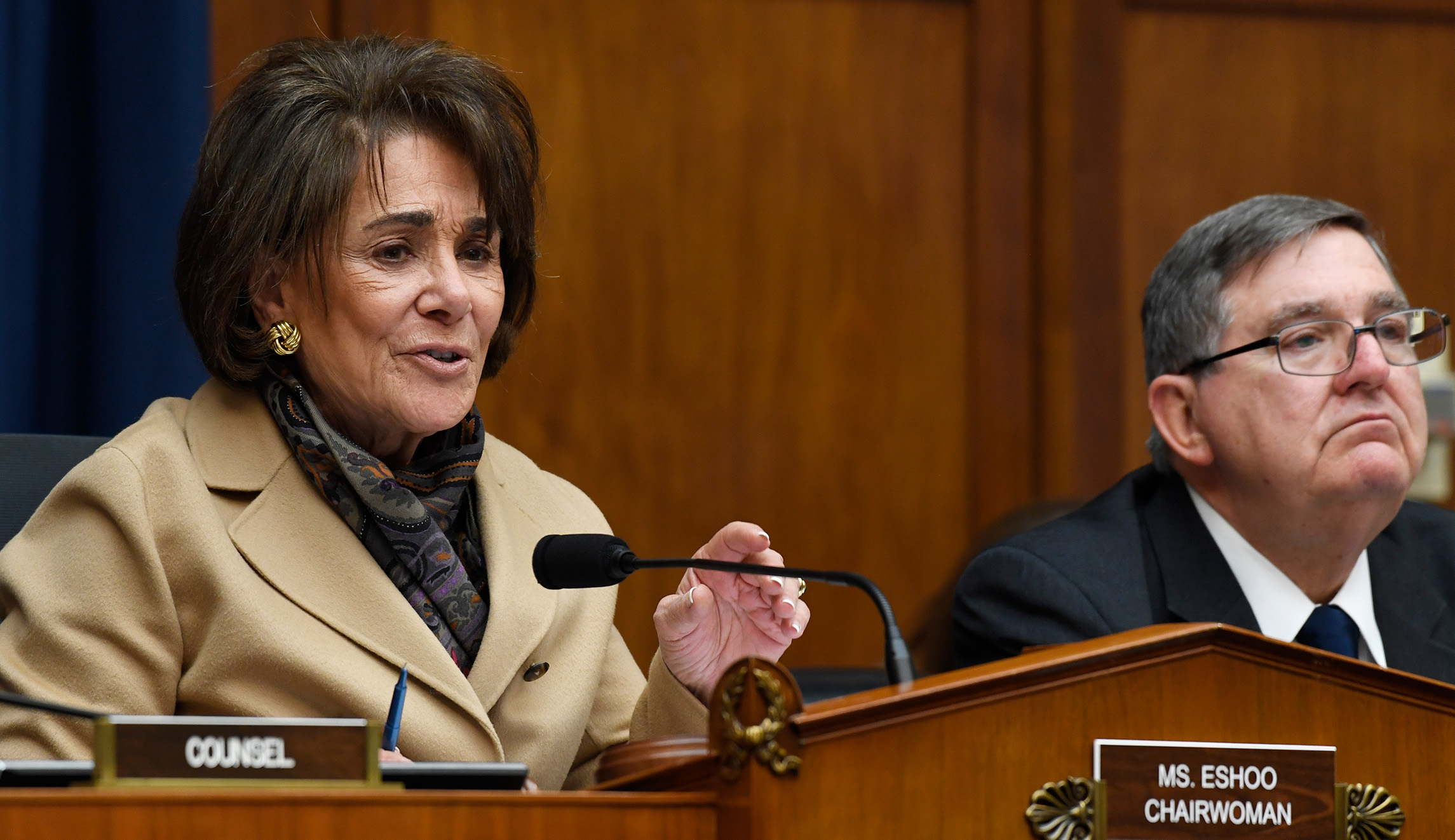President Joe Biden’s economic agenda hangs in the balance, and only Democrats can save it — by agreeing with each other.
It’s more complicated than it would seem.
Following years of bickering with Republicans over social welfare programs, federal spending, and taxes, Democrats are encountering an even bigger struggle finding an accord among themselves on those issues now that they control both the White House and Congress.
Senate Budget Committee Chairman Bernie Sanders, a socialist, took the party’s internal fight to the microphones last week in a hastily called press conference, lambasting party centrist Sens. Joe Manchin of West Virginia and Kyrsten Sinema of Arizona for blocking a package he helped author that would spend $3.5 trillion on social welfare programs.
“Two people do not have the right to sabotage what 48 want, what the president of the United States wants. That, to me, is wrong,” Sanders told reporters in the Capitol.
Sanders may not like it, but Manchin and Sinema can hold up any legislation they want, thanks to the evenly divided Senate that requires the approval of all 50 Democrats to pass anything with a simple majority that lacks GOP support.
Manchin and Sinema have been in talks with Biden, who has stepped in at the last minute to facilitate a deal and salvage his agenda.
Senate Majority Leader Chuck Schumer called on Democrats to work out a deal within “days, not weeks,” but Manchin is in no hurry, nor is he budging from the $1.5 trillion limit on what he’s willing to spend on the social welfare bill. “My number’s been 1.5,” Manchin told reporters. “I’ve been very clear.” The social welfare spending package is one of two pieces of legislation that make up the entirety of Biden’s economic agenda.
Without an agreement, Biden’s agenda will stall and perhaps fail entirely — despite Democrats’ control over Congress and the White House.
The first spending package, an infrastructure bill costing roughly $1.2 trillion, would pay for roads, bridges, water projects, and broadband. It already passed the Senate with bipartisan support and was headed for easy approval by the House. It would have provided a much-needed victory for Biden, whose approval ratings have dropped sharply over the past few weeks.
But the infrastructure package has stalled.
The sizable liberal faction of the Democratic caucus hit the brakes, insisting that it first win a deal to pass a massive social welfare spending package that progressives hope will provide funding for a broad array of government programs.
The list includes universal day care, free community college, paid family and medical leave, money to care for the elderly and disabled, expanded Medicare benefits, lower prescription drug prices, and new green energy policies to eliminate fossil fuels.
Democrats plan to pay for part of the package with tax hikes and forcibly lowering the cost of Medicare drug prices.
Most Democrats in the House and Senate support the $3.5 trillion package, but it cannot pass without Manchin and Sinema, who aren’t budging.
Biden told House Democrats they’d have to settle for a package costing around $2 trillion, but no caucus liberal has publicly accepted that top-line figure, and some have pointed out they initially wanted to spend $6 trillion or more and that the $3.5 trillion represents their compromise.
The party’s conflict over the social welfare spending package isn’t just about money.
Manchin voiced concerns expressed by many of the social welfare bill’s critics, who say it would create an entitlement society in which people would become reluctant to go to work and would increasingly rely upon checks and free programs from the federal government. “I don’t believe that we should turn our society into an entitlement society,” Manchin said. “I think we should still be a compassionate, rewarding society. I think that fares best for all of us.”
Compassion, Manchin said, “means taking care of those who can’t take care of themselves, whether they’re young, whether they have some type of a challenge in life, whether it be mental or physical. Those are responsibilities that we can all meet.”
The measure Democrats hope to pass could be reduced in size and cost through means-testing, Manchin said, which would ensure only the financially neediest are eligible for the broad array of new government programs and subsidies.
Congress should start by reforming the 2017 tax cuts, Manchin said. He proposes hiking corporate taxes to 25%, not the 26.5% Democrats initially proposed. At least one other Senate centrist, Jon Tester of Montana, is opposed to additional tax increases on capital gains that Tester said would hurt family farms.
Sinema, who has remained largely silent in her opposition to the bill, opposes a plan to raise $700 billion by allowing the federal government to negotiate Medicare drug prices, which critics say would drastically reduce new drugs on the market.
By the end of the week, all of the intraparty differences remained in place despite a Halloween deadline Democratic leaders have imposed for passing the legislation.
Centrists are in no hurry.
“This is going to take time to get this done,” Manchin said. “Getting it done quicker is not going to benefit anybody. So let’s make sure that we do it and do it right.”






